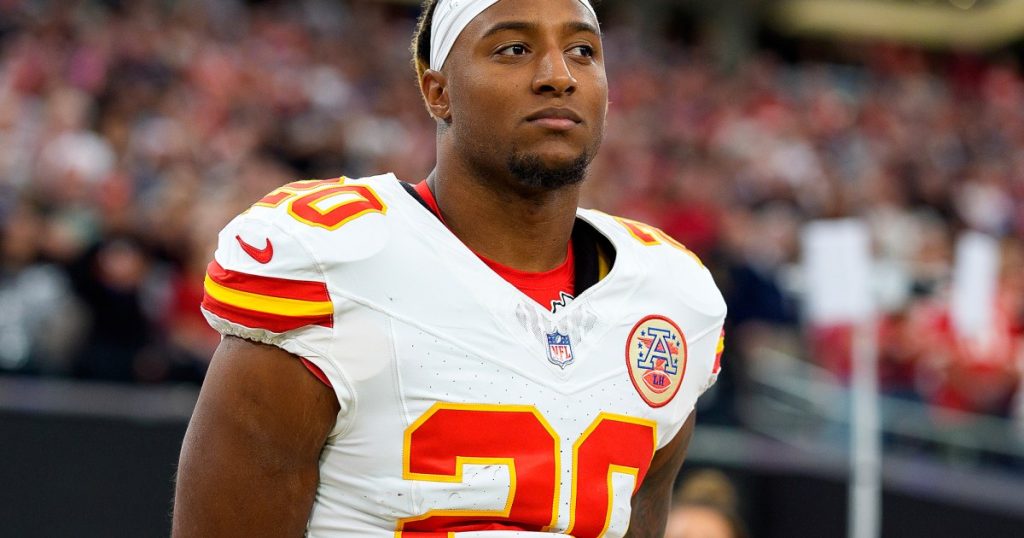The exorbitant cost of Super Bowl tickets has become a topic of conversation, even among the players themselves. Kansas City Chiefs safety Justin Reid recently highlighted the financial burden of securing tickets for the upcoming Super Bowl LIX, scheduled for February 9th at the Caesars Superdome in New Orleans. With ticket prices ranging from a staggering $4,000 to over $15,000 on platforms like Ticketmaster, Reid humorously remarked that he needed the Chiefs to win the game just to break even on the 30 tickets he had purchased. This illustrates the significant investment players make to ensure their loved ones can witness this pinnacle sporting event.
The practice of players purchasing tickets for their families and guests is standard procedure for the Super Bowl. These high ticket prices are not unique to this year’s game. In 2023, then-Eagles center Jason Kelce spent $4,000 per ticket for his family and his wife’s OB-GYN. The following year, Travis Kelce, Jason’s brother and Chiefs tight end, reportedly spent a whopping $3 million for a private suite to accommodate his girlfriend Taylor Swift, their families, and friends. These examples underscore the premium placed on Super Bowl attendance and the lengths players go to share the experience with their support systems.
Reid, a seasoned player, offered insightful advice to his newer teammates, emphasizing the importance of securing tickets and making family arrangements well in advance of the game. He stressed that the Super Bowl week is filled with media obligations and a demanding schedule, making it crucial to finalize logistical details early to avoid distractions. Reid’s message was clear: prioritize football and minimize potential disruptions by addressing ticket and family matters promptly, allowing players to focus solely on the task at hand – winning the championship game.
The upcoming Super Bowl holds added significance for Reid, as he recently welcomed his first child with his girlfriend, Marissa Rand. Reid expressed his joy at the birth of his daughter, Cielle, describing it as the most exciting recent event in his life. He candidly shared the realities of new parenthood, mentioning the sleep deprivation and the continuous cycle of feeding, cleaning, and caring for their newborn. While it remains uncertain whether Rand and baby Cielle will attend the Super Bowl, the joyous occasion undoubtedly adds a special layer of personal meaning to Reid’s journey to the championship game.
The Super Bowl, often referred to as the “Big Game,” is more than just a football game; it’s a cultural phenomenon that draws immense viewership and generates significant revenue. The high ticket prices reflect the demand and exclusivity associated with this iconic event. For players, the Super Bowl represents the culmination of years of hard work and dedication, and the opportunity to share this momentous occasion with loved ones further amplifies the experience. The financial burden of ticket purchases, while substantial, is often seen as a worthwhile investment for players eager to create lasting memories with their families and friends.
In conclusion, the Super Bowl exemplifies the intersection of sports, entertainment, and commerce. From the players’ perspective, the game signifies a career pinnacle, while the financial investment in tickets reflects the value placed on sharing the experience with loved ones. The Super Bowl’s status as a cultural touchstone ensures its continued appeal and drives the high demand for tickets, creating a unique dynamic where players, like fans, must navigate the financial realities of attending this prestigious event. The stories shared by players like Justin Reid and the Kelce brothers provide a glimpse into the personal and financial considerations surrounding Super Bowl attendance, further highlighting the human aspect behind this grand spectacle.










